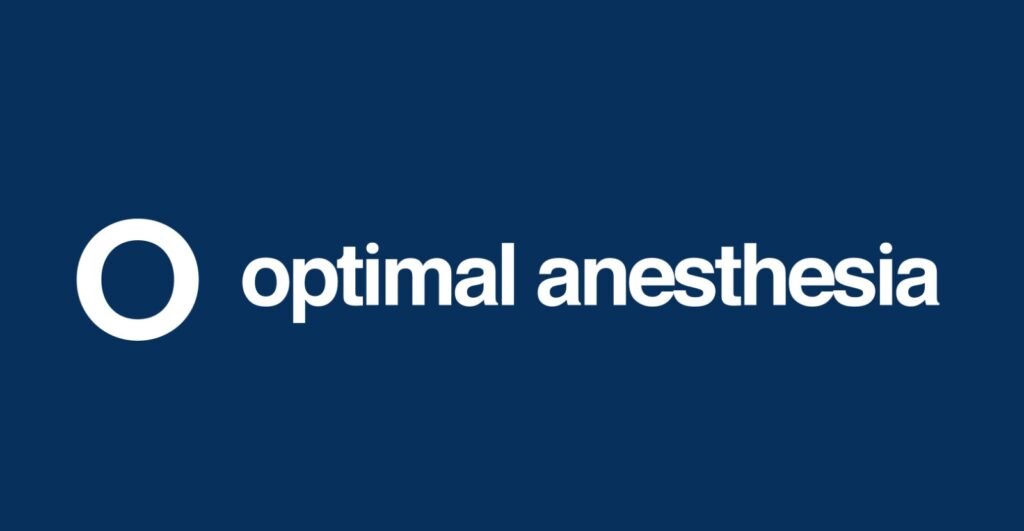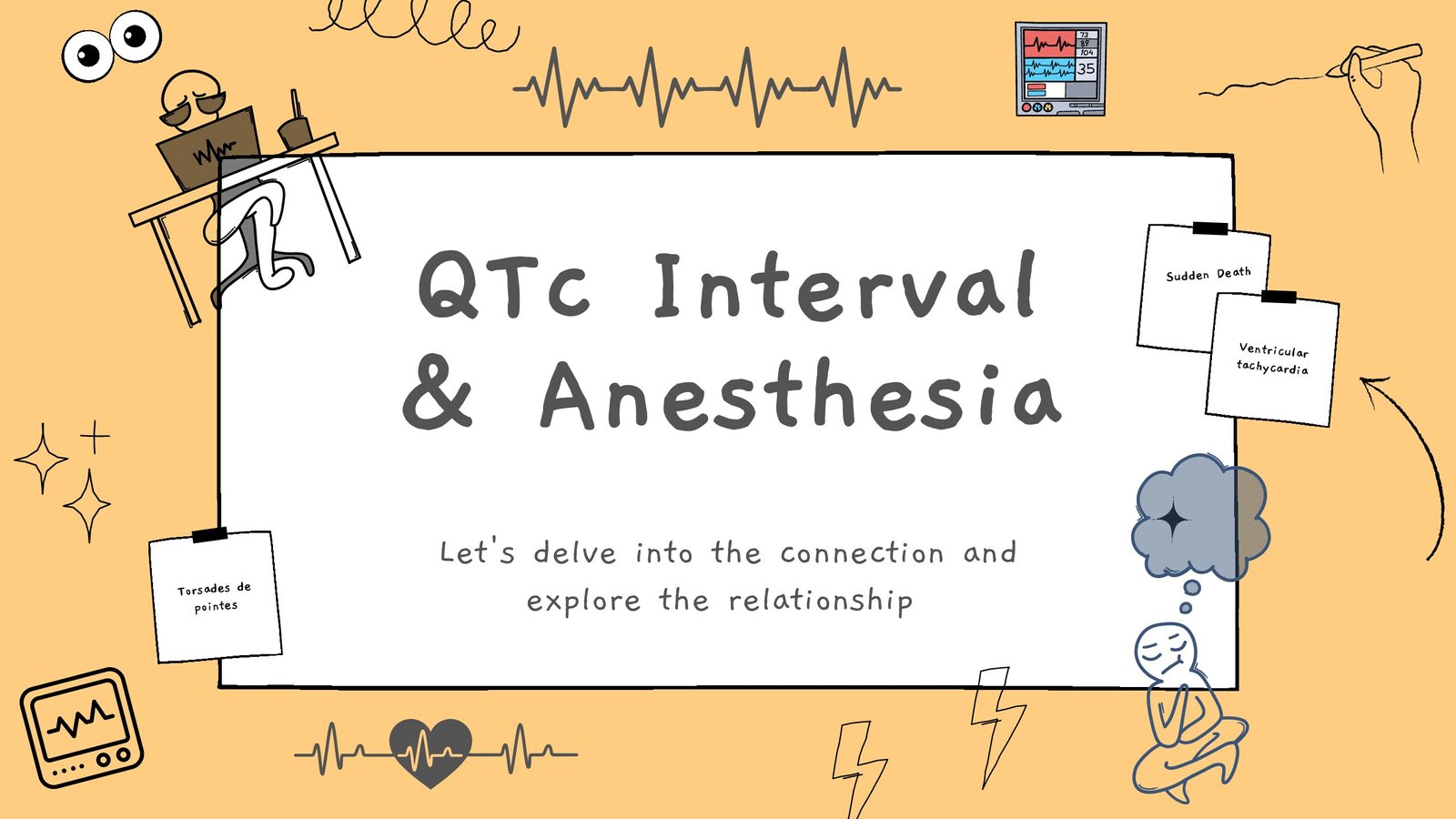The QTc (corrected QT) interval is important for anesthesia for several reasons:
- Arrhythmia Risk Assessment: Prolongation of the QTc interval can increase the risk of a specific type of arrhythmia known as torsades de pointes (TdP). TdP is a potentially life-threatening ventricular tachycardia that can lead to cardiac arrest. Anesthesiologists need to assess and manage this risk to ensure patient safety during surgery.
- Medication-Induced Prolongation: Certain anesthesia medications, as mentioned in the previous response, have the potential to prolong the QTc interval. This includes drugs like methadone, some antiemetics, and certain muscle relaxants. Anesthesia providers must be aware of these effects and choose medications that are less likely to exacerbate QTc prolongation, especially in patients with preexisting risk factors.
- Patient-Specific Factors: Patients may have preexisting conditions or medications that affect the QTc interval. For example, patients with congenital long QT syndrome or those taking medications known to prolong the QTc interval are at higher risk. Anesthesia providers need to consider these factors when planning anesthetic management.
- Electrolyte Imbalances: Electrolyte imbalances, particularly low potassium (hypokalemia) and low magnesium (hypomagnesemia), can lead to QTc prolongation. Anesthesia can sometimes cause shifts in electrolyte balance, so monitoring and correction of these imbalances are essential during surgery.
- Cardiac Monitoring: Continuous electrocardiogram (ECG) monitoring is a standard practice during surgery, and anesthesia providers closely monitor the QTc interval. If significant QTc prolongation occurs, it can prompt immediate intervention, such as discontinuing medications that may be contributing to the prolongation.
- Risk Mitigation: Anesthesia providers aim to minimize the risk of perioperative complications, including arrhythmias. This involves careful selection of anesthesia medications, avoidance of drug interactions that can increase QTc prolongation, and close monitoring of patients to detect any changes in the QTc interval.
| Anesthesia Medication | Impact on QTc Interval | Notes |
|---|---|---|
| Inhalation Anesthetics | ||
| Sevoflurane | Minimal | Generally considered safe regarding QTc prolongation. |
| Desflurane | Minimal | |
| Isoflurane | Modest | Clinical significance is often negligible. |
| Intravenous Anesthetics | ||
| Propofol | Minimal | Generally considered safe regarding QTc prolongation. |
| Etomidate | Minimal | |
| Thiopental | May prolong | Use less common today; potential for QTc prolongation. |
| Opioids | ||
| Fentanyl | Minimal | Generally does not significantly affect QTc. |
| Remifentanil | Minimal | |
| Methadone | Potential for | Can significantly prolong QTc; monitor closely in high-risk patients. |
| Muscle Relaxants | ||
| Rocuronium | No significant effect | Generally considered safe regarding QTc prolongation. |
| Vecuronium | No significant effect | |
| Succinylcholine | Potential for | Rarely can cause QTc prolongation; monitor in susceptible patients. |
| Anticholinergic Medications | ||
| Atropine | Modest | May have a modest impact on QTc interval. |
| Glycopyrrolate | Modest |
In summary, the QTc interval is important for anesthesia because it serves as a crucial parameter to assess the risk of potentially life-threatening arrhythmias during surgery. Anesthesia providers must consider the impact of anesthesia medications, patient-specific factors, and electrolyte balance on the QTc interval to ensure the safe administration of anesthesia and minimize the risk of cardiac complications.


